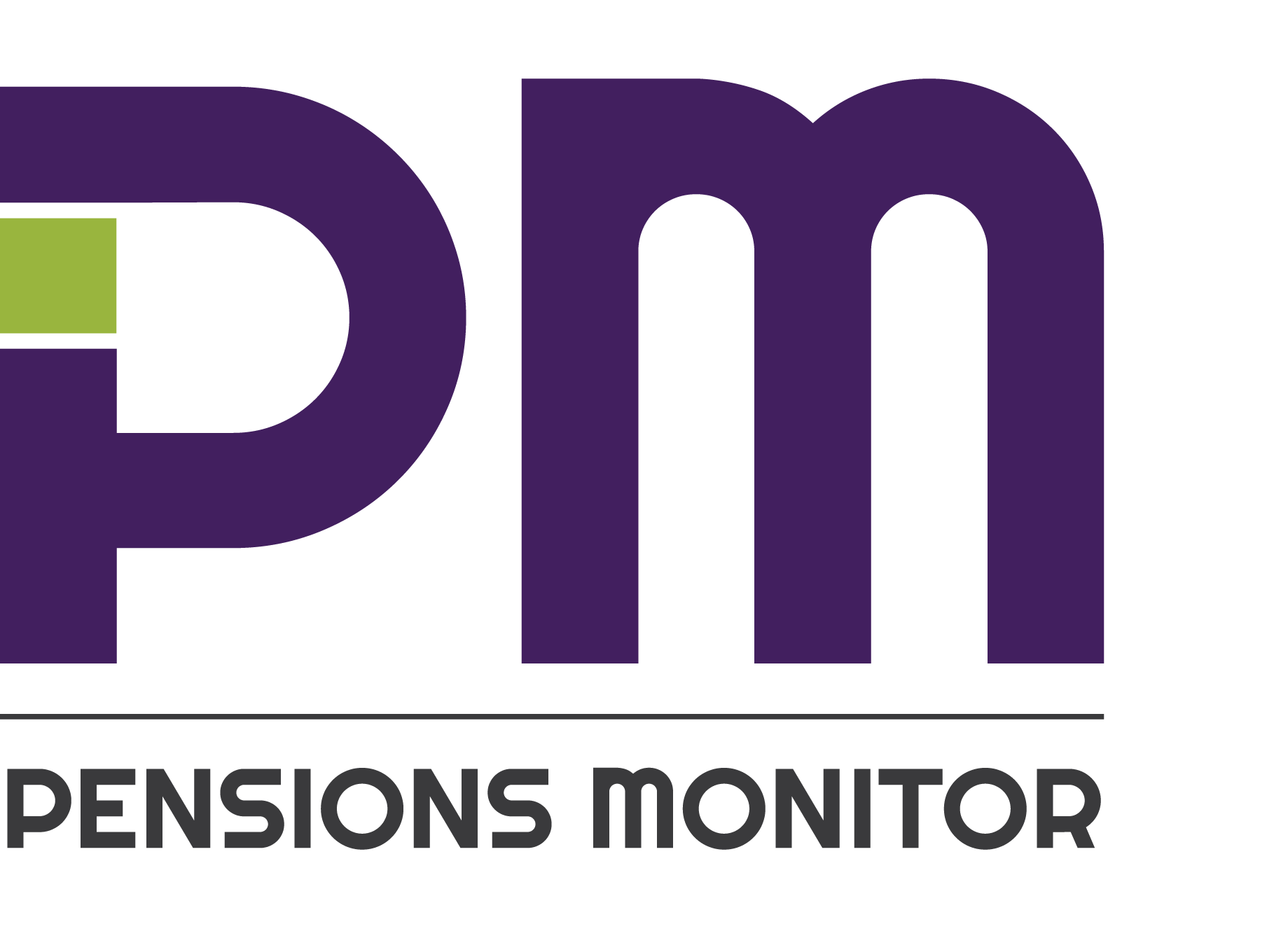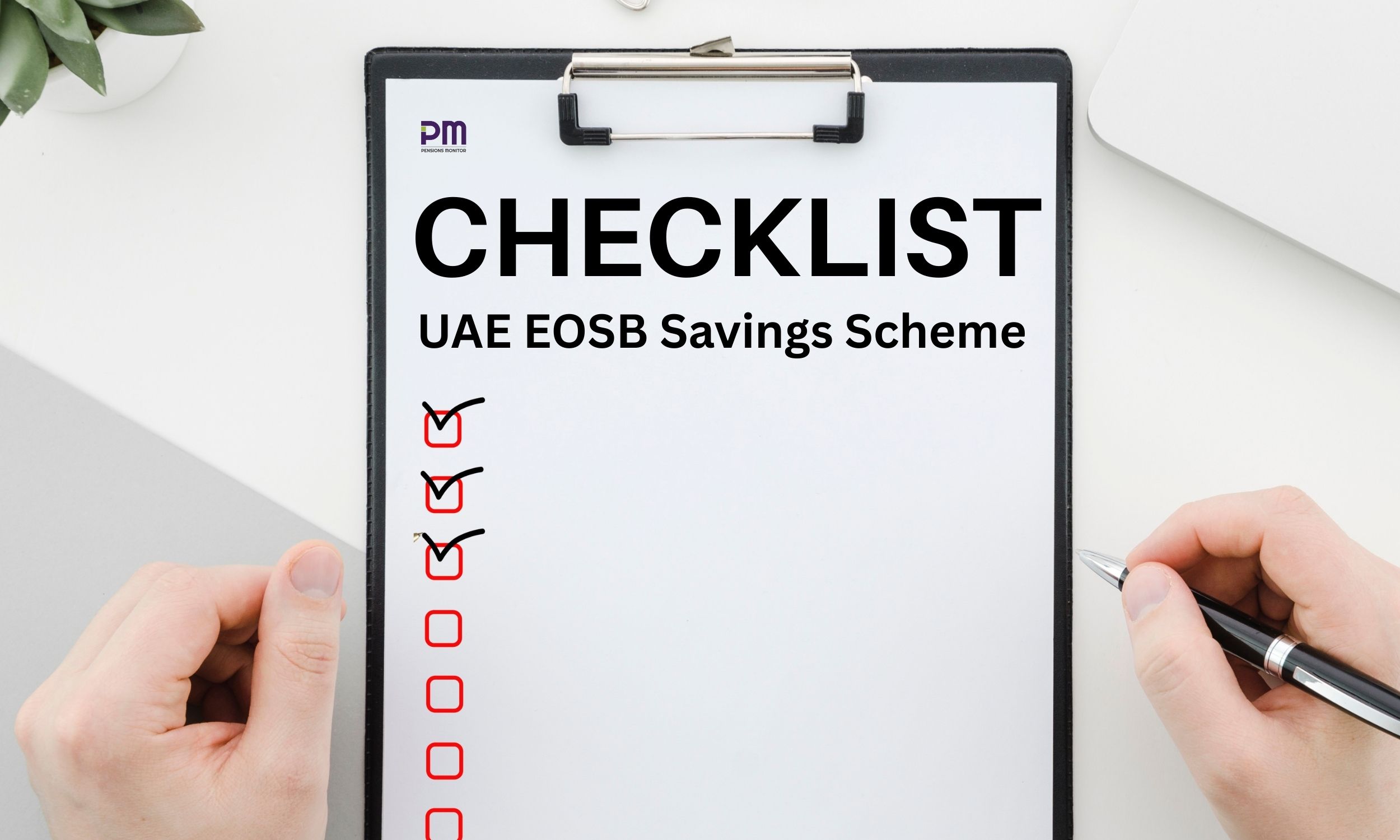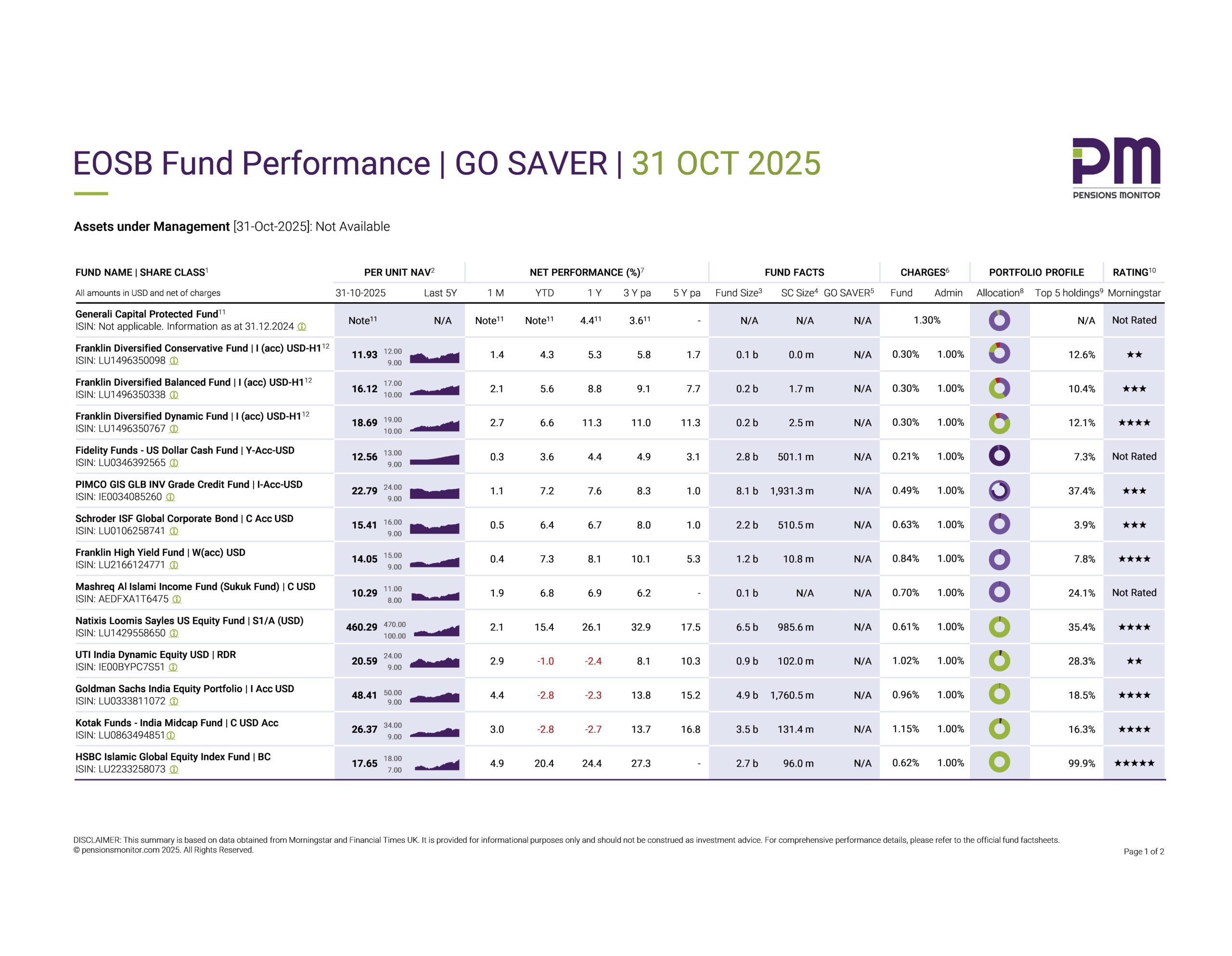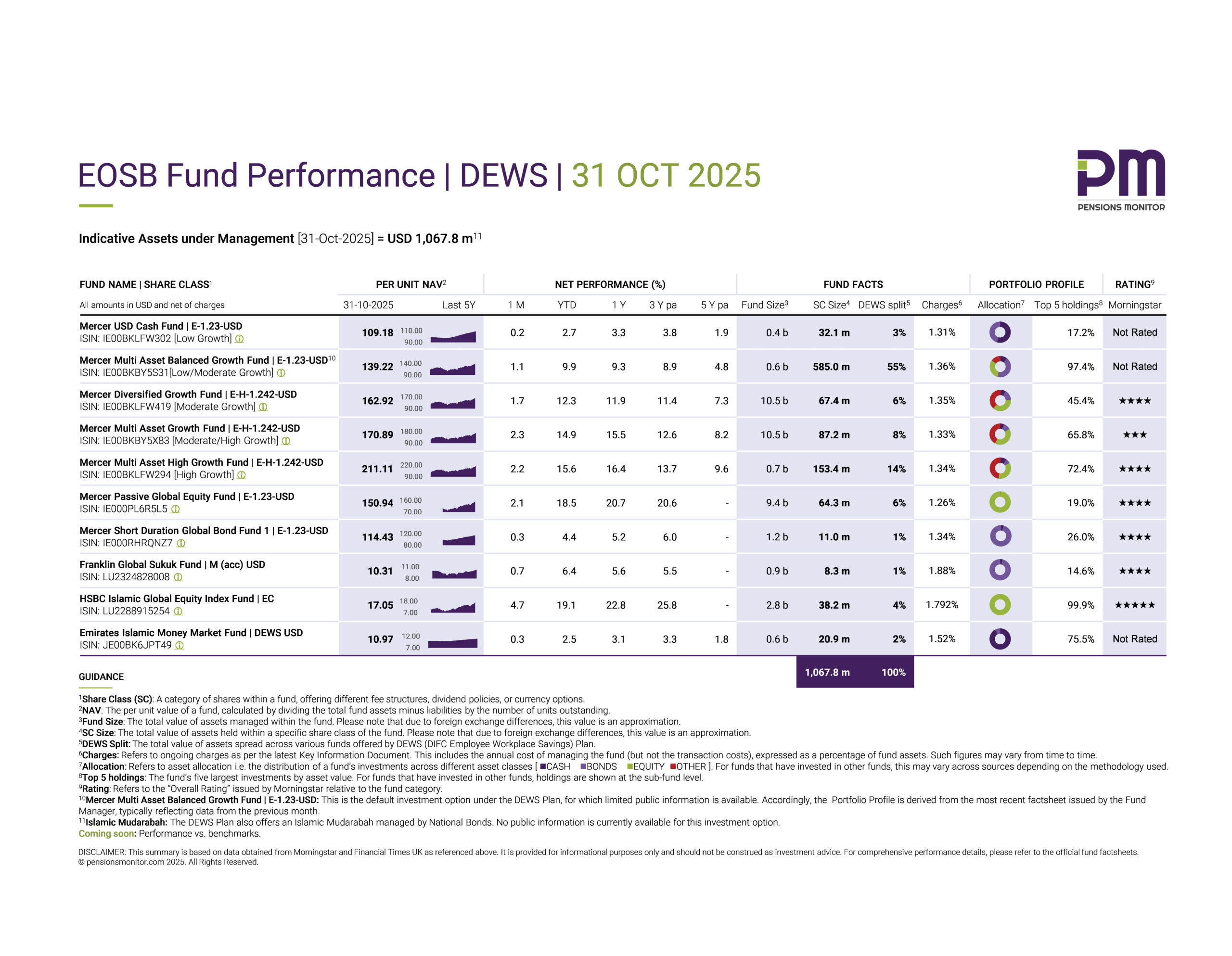
We at Pensions Monitor are thrifty spenders – we avoid getting into debt, and if we do, it’s only for capital purchases such as a house. Humour aside, looking around the UAE, it’s clear to see that consumption is a key driving factor – for the economy as a whole, and for individuals too.
Live the life of your dreams! Buy now, pay later!
Be it fancy new clothes, jewellery and handbags, be it the latest iPhone, that cool new leather sofa, or that great once-in-a-lifetime holiday or even post-paid meals from Talabat: Instant gratification is the word – after all you deserve it! And consequently, people often find themselves in financial dire straits and resort to taking out personal loans to finance a lifestyle they can ill afford.
Many of these loans are salary transfer loans, whereby an employee provides a salary confirmation letter to the bank and instructs the employer to send his wages to that specific bank. The reasoning behind it is clear: Should the employee suddenly lose his job, the End-of-Service Benefit (EOSB) Gratuity is paid into that bank account, where the smart IT algorithm of the bank spots it, and immediately restricts access to the cash until the loan is paid back or a new employment is secured.
In other words, banks have managed to effectively collateralise the EOSB Gratuity and are encouraging employees to take out loans – and perhaps to consume more than they should. We leave it to other, much wiser people to debate on the logic of this phenomenon. For now, we simply ask the question: Will this change with the introduction of EOSB Savings Scheme?
Practical hurdles for banks
According to the Cabinet Resolution 96, the EOSB Savings are to be held by a Custodian which will disburse funds in line with the instructions of the scheme administrator. The administrator initiates the pay-out once the employee retires or leaves his employment. The employer has no role to play in this, as the savings are accumulated at the Custodian, and are no longer being paid by the employer in the form of a gratuity payment.
So what stops an employee from opening a second bank account, and instructing the administrator to transfer the EOSB savings to this new account, instead of the account of the bank that gave him a loan?
Any bank handing out personal loans will therefore lack this implicit collateral, unless they come up with a new mechanism. For instance, employees might need to sign an undertaking that they will pay the proceeds from the EOSB Savings scheme into a certain account. But what if they don’t honour that undertaking? What are the legal means at disposal of the bank that gives the loan? To us, this is unclear.
Alternatively, the loan-giving bank may sign an agreement with the loan-receiver and the Custodian, that restricts the release of EOSB Savings funds, respectively forcing the custodian to transfer the funds to the loan-giving bank. Would such an agreement be in line with Cabinet resolution 96? Would it hold up to a legal challenge? Again, to us this is not clear yet.
Releasing savings upon switching jobs: A good idea?
Which brings us to the broader topic of releasing funds upon switching jobs. Cabinet Resolution 96 makes it clear that employees gain access to their funds upon leaving employment. This means, they can “cash out” their EOSB Savings, every time they switch jobs.
In an earlier article, we briefly discussed how it works in other markets. In the UK, for instance, employees are restricted in cashing out their plan until they reach retirement age; and even at that point, the “free-of-tax” amount they can withdraw, is limited. In other words, the regulation encourages saving for long-term financial security.
Perhaps retirement funding is something the UAE regulators might want to look into, given the growing number of residents staying longer in the UAE, thanks to golden visas and retirement visas.
Conclusion
We believe that with the introduction of EOSB Savings Scheme the traditional model of giving out personal loans which are effectively secured on EOSB Gratuity payout is under threat. It remains to be seen if the UAE laws allow a similar mechanism to be put in place to replicate collateralisation of gratuity/savings.
Be it as it may, one central question remains: Is it a good thing in the first place, given that EOSB should ideally be a vehicle for long-term financial security? Other markets show that there is room to tighten up regulation in the UAE in this regard, in the interest of long-term financial stability.
If you have any thoughts or views on the subject, we would be pleased to hear from you. Please subscribe to Pensions Monitor to stay up to date on the latest developments and discussions regarding EOSB Savings Schemes.





